Reconciliation is a powerful force that can heal wounds, repair relationships, and pave the way for a brighter future. In the world of politics, where egos clash and ideologies diverge, the ability to reconcile differences is often overlooked but is more crucial than ever. Recently, Idowu-Fearon made a heartfelt plea to two prominent figures, Sani and El-Rufai, urging them to put aside their differences and come together for the greater good.
In a statement filled with hope and optimism, Idowu-Fearon emphasized the importance of reconciliation in fostering unity within communities.
“We have seen time and time again how division only leads to further strife,”
he remarked.
“It takes courage and humility to set aside personal grievances for the collective benefit of all.”
The call for reconciliation between Sani and El-Rufai comes at a critical juncture when their disagreements have caused rifts not just between them but also among their supporters. Idowu-Fearon’s words carry weight as he appeals to both parties to rise above their animosity and work towards building bridges instead of barriers.
Experts agree that political feuds can hinder progress and development. Dr. Sarah Johnson, a renowned political analyst, explains,
“When leaders engage in prolonged conflicts, it creates instability and stunts growth. Reconciliation paves the way for collaboration and paves the way for positive change.”
The public reaction to Idowu-Fearon’s plea has been mixed, with some expressing skepticism about the likelihood of reconciliation while others remain hopeful for a breakthrough. One concerned citizen shared,
“It’s disheartening to see our leaders at odds with each other when they should be focusing on serving the people. I pray they heed this call for reconciliation.”
As tensions simmer between Sani and El-Rufai, there is an underlying sense of urgency for them to heed Idowu-Fearon’s advice before irreparable damage is done. The path to reconciliation may be challenging, but its outcome could lead to lasting peace and cooperation that benefits all stakeholders.
In conclusion, amidst political turbulence and personal differences, the power of reconciliation shines as a beacon of hope. Idowu-Fearon’s appeal serves as a reminder that no disagreement is insurmountable if approached with an open heart and mind. As we await developments in this unfolding narrative of conflict resolution, one thing remains clear – reconciliation has the potential to transform adversaries into allies for the greater good.



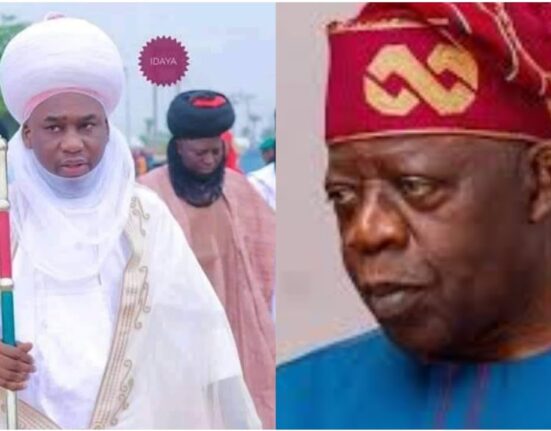
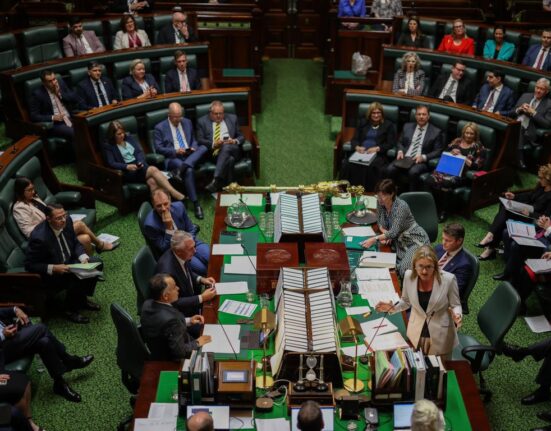
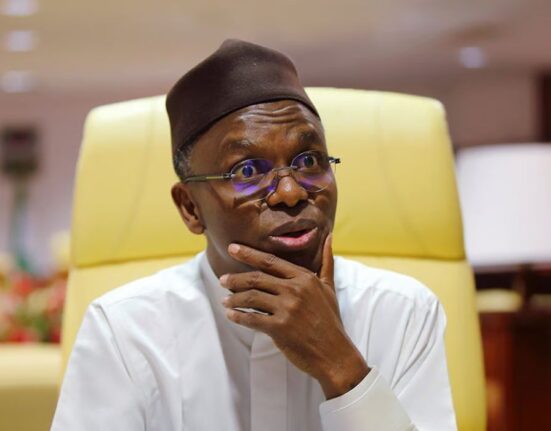
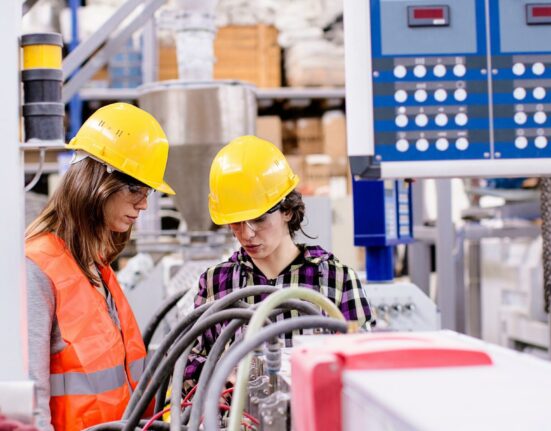
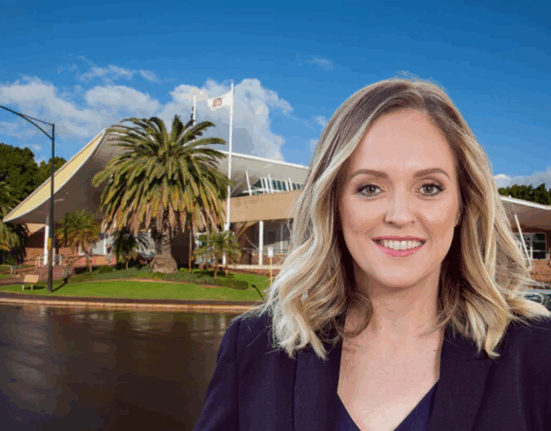

Leave feedback about this